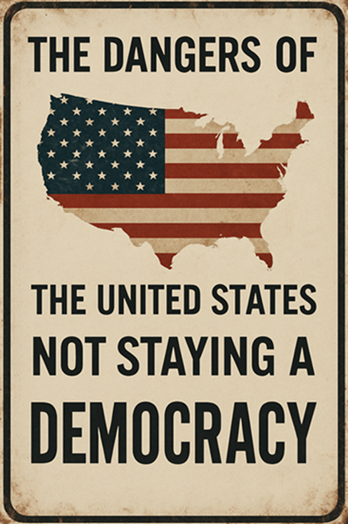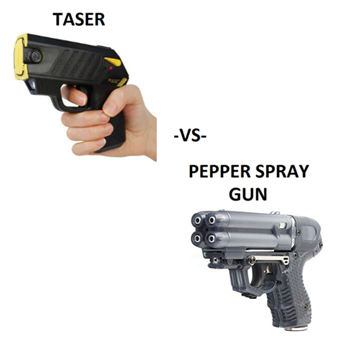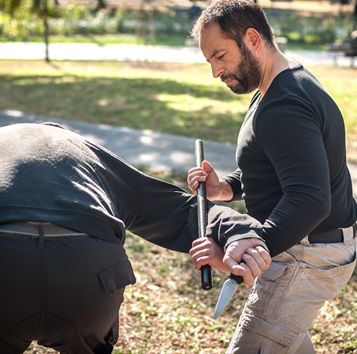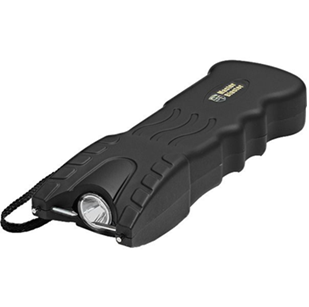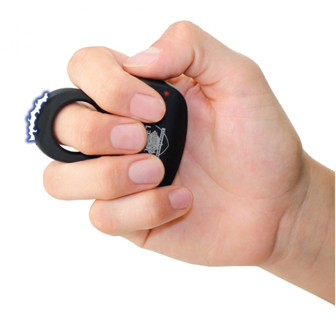Can You Get Arrested for Carrying Pepper Spray?
 Pepper spray is one of the most popular self-defense tools available today. Compact, affordable, and easy to use, it provides individuals with a non-lethal way to protect themselves from potential threats. However, the legality of carrying pepper spray varies across different jurisdictions, and failing to understand the law can lead to legal consequences. So, can you get arrested for carrying pepper spray? The answer depends on where you are, how you use it, and whether you comply with state and local regulations.
Pepper spray is one of the most popular self-defense tools available today. Compact, affordable, and easy to use, it provides individuals with a non-lethal way to protect themselves from potential threats. However, the legality of carrying pepper spray varies across different jurisdictions, and failing to understand the law can lead to legal consequences. So, can you get arrested for carrying pepper spray? The answer depends on where you are, how you use it, and whether you comply with state and local regulations.
Understanding Pepper Spray Laws
Pepper spray laws vary widely across countries and even within states in the U.S. Some areas allow unrestricted possession, while others have strict rules about carrying, purchasing, and using pepper spray.
Federal Law on Pepper Spray
In the United States, pepper spray is generally considered a non-lethal self-defense weapon. There are no federal laws banning its possession for civilians, but there are regulations concerning its shipment across state lines. The U.S. Postal Service restricts the mailing of pepper spray, and some states have their own shipping limitations.
While the federal government does not prohibit carrying pepper spray, it does enforce certain rules when it comes to air travel. The Transportation Security Administration (TSA) allows passengers to carry one 4-ounce container of pepper spray in checked luggage, provided it has a safety mechanism to prevent accidental discharge. However, carrying pepper spray in carry-on luggage is strictly prohibited.
State Laws on Pepper Spray
Each U.S. state has its own laws regarding pepper spray, which may include restrictions on size, strength, or where it can be carried. Here are some examples of how state laws vary:
States with Minimal Restrictions
Many states, such as Texas and Florida, allow individuals to carry pepper spray without significant restrictions. However, misuse or using it in an illegal manner, such as assaulting someone without justification, can still result in criminal charges.
States with Restrictions
Some states impose limitations on pepper spray possession and use:
-
California: Pepper spray canisters must not exceed 2.5 ounces, and the user must be at least 18 years old.
-
New York: Only pocket-sized pepper sprays (up to 0.75 ounces) are legal, and they must be purchased from a licensed dealer within the state.
-
Massachusetts: Pepper spray can only be sold by licensed firearms dealers, and individuals must obtain a firearm identification card to purchase it.
-
Michigan: Pepper spray concentration is limited to 10% oleoresin capsicum (OC), and only certain types of sprays are permitted.
States Where Pepper Spray is More Heavily Regulated
A few states impose stricter regulations on pepper spray:
-
Washington D.C.: Residents must be 18 or older and register their pepper spray purchase with local law enforcement.
-
Wisconsin: Pepper spray must have a concentration between 2% and 10% OC and cannot exceed a net weight of 2 ounces.
-
Hawaii: Pepper spray can only be purchased from licensed vendors and is limited to 0.5 ounces.
Carrying Pepper Spray in Restricted Areas
Even in states where pepper spray is legal, there are places where carrying it is restricted. Common locations where pepper spray may be prohibited include:
-
Government buildings (courthouses, police stations, federal offices)
-
Schools and college campuses
-
Airports and airplanes
-
Private properties where weapons are not allowed
Using or possessing pepper spray in these restricted areas can lead to fines, confiscation, or even arrest.
Can You Be Arrested for Carrying Pepper Spray?
While carrying pepper spray is legal in most places, there are circumstances in which you could be arrested:
1. Carrying in a Restricted Area
If you bring pepper spray into an area where it is prohibited, you could face legal consequences. For example, attempting to carry pepper spray into an airport through TSA security could result in confiscation and possible fines.
2. Using Pepper Spray Illegally
Using pepper spray in an unlawful manner can lead to criminal charges, including assault. For instance:
-
Spraying someone without a legitimate self-defense reason could be considered assault.
-
Using pepper spray during an altercation where there is no immediate threat may result in legal repercussions.
-
Spraying law enforcement officers, even in self-defense, could lead to severe penalties.
3. Violating State or Local Laws
In states where pepper spray is regulated, failing to comply with local laws can result in arrest. For instance:
-
Purchasing or carrying a canister that exceeds the legal limit in a given state.
-
Buying pepper spray online and shipping it to a state where it is restricted.
-
Carrying pepper spray without the required permit in states like Massachusetts.
4. Being a Prohibited Person
Some individuals may be prohibited from carrying pepper spray, such as:
-
Felons
-
Minors (in states with age restrictions)
-
Individuals with certain restraining orders or criminal convictions
If a prohibited person is caught carrying pepper spray, they may face additional legal consequences.
How to Legally Carry Pepper Spray
To avoid getting arrested for carrying pepper spray, follow these legal guidelines:
1. Know Your Local Laws
Research the pepper spray laws in your state and city. Check for any restrictions on size, concentration, or purchasing requirements.
2. Purchase from a Licensed Dealer
If your state requires pepper spray to be bought from a licensed dealer, make sure to purchase it legally. Avoid ordering from online retailers if your state has purchasing restrictions.
3. Carry It Responsibly
Use pepper spray only in legitimate self-defense situations. Avoid brandishing it or using it in situations where it is not necessary.
4. Store It Properly
Ensure your pepper spray has a safety mechanism to prevent accidental discharge. Store it in an easily accessible but secure location.
5. Train Yourself on Proper Use
Many people purchase pepper spray but never learn how to use it properly. Consider taking a self-defense class that includes pepper spray training. Knowing how to deploy it effectively can make a crucial difference in an emergency.
6. Respect Restricted Areas
Do not bring pepper spray into locations where it is prohibited, such as airports, government buildings, or schools.
7. Be Prepared for Law Enforcement Encounters
If you are stopped by law enforcement while carrying pepper spray, remain calm and follow their instructions. If pepper spray is legal in your area, inform the officer that you have it and comply with any legal requirements.
Conclusion
While pepper spray is a widely accepted self-defense tool, it is not without legal risks. Understanding and complying with state and local laws can help prevent unnecessary legal trouble. If you are unsure about the laws in your area, consult local law enforcement or legal professionals for guidance. By carrying pepper spray responsibly and lawfully, you can protect yourself while staying within the boundaries of the law.
See cost of pepper sprays
Disclaimer: The information provided in this blog post is for general informational purposes only and should not be construed as legal advice. The laws and regulations regarding pepper sprays can vary widely by jurisdiction and can change over time. Therefore, it's important to consult with legal professionals or relevant authorities to obtain accurate and up-to-date information that applies to your specific circumstances.
Company Info
Customer Service
Product Information
- TASER® and Stun Devices Regulations by State
- TASER® Safe Escape Product Replacement Guarantee
- TASER® Comparison Chart
- TASER® User Manuals
- TASER® Warranty Info
- Byrna Product Catalog
- PepperBall Manuals & Spec Sheets
- Pepper Spray Laws
- Air Gun Laws
- States that Restrict Automatic and Butterfly Knives
- Our Print Catalog
























